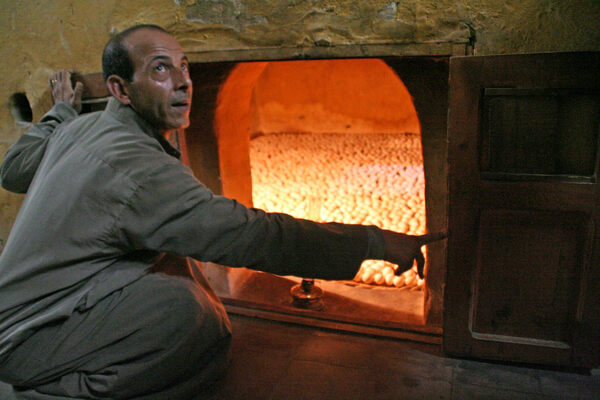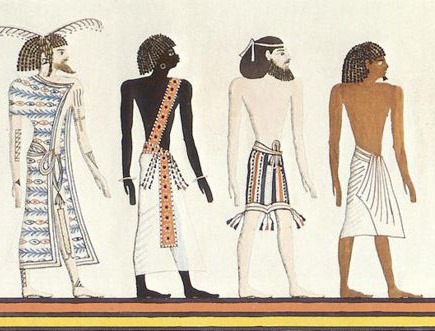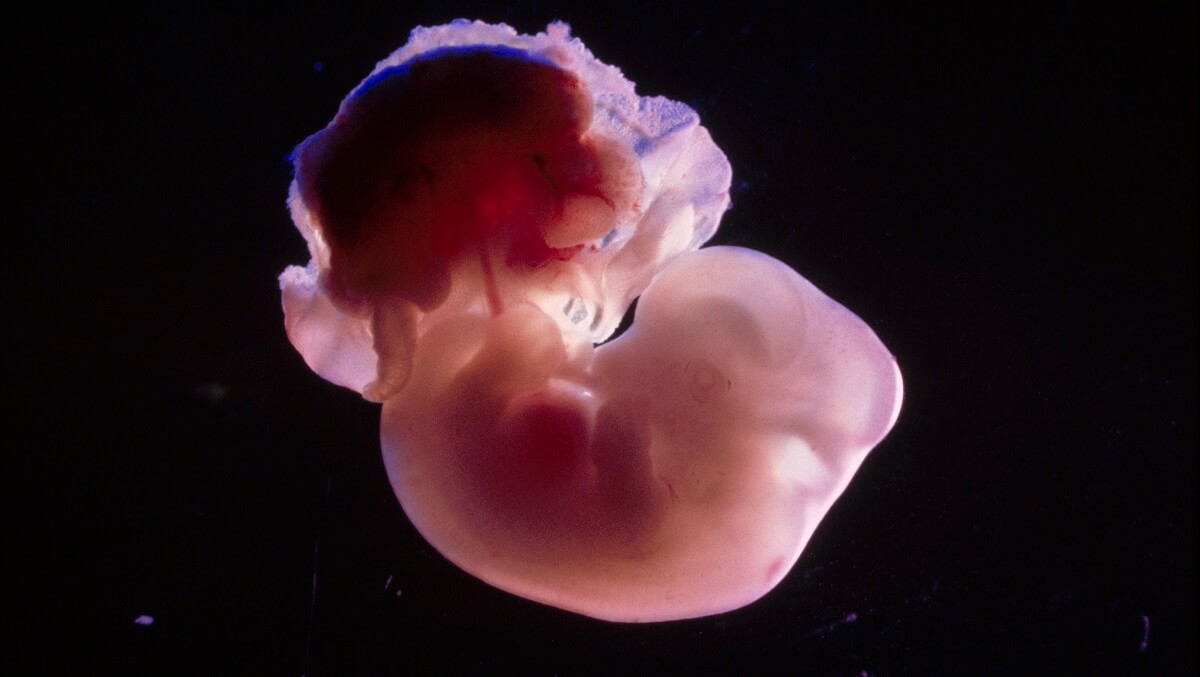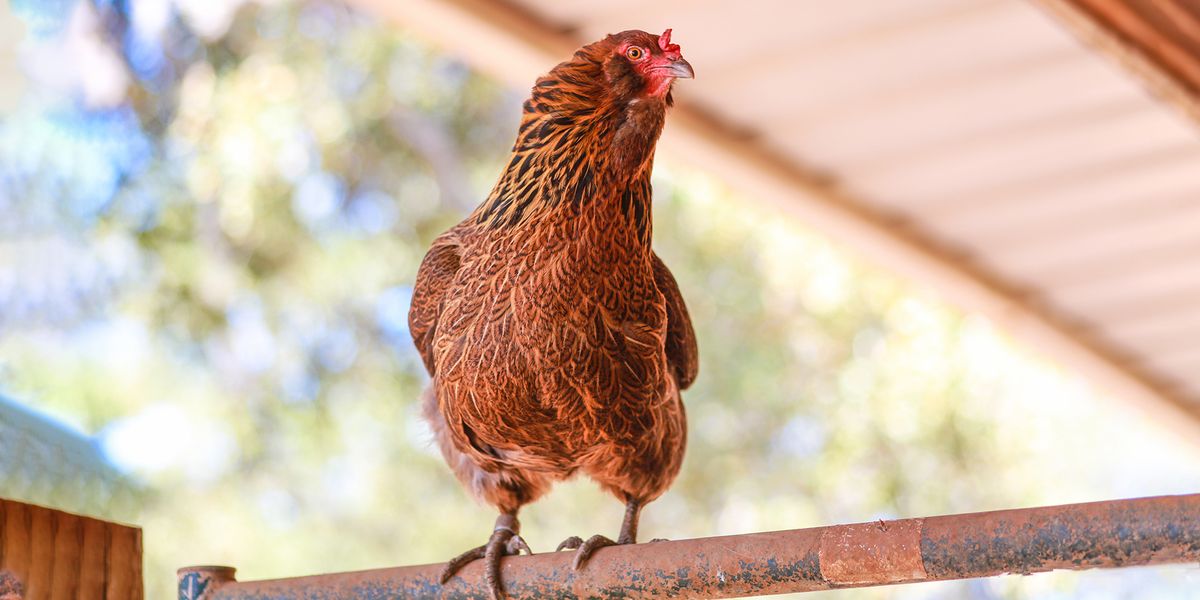
The Egyptian Egg Ovens Considered More Wondrous Than the Pyramids
Many aspects of Egyptian culture impressed the ancient Greeks, including their mathematics, papyrus-making, art, and egg-hatching. Aristotle was the first to mention that last innovation, writing that in Egypt, eggs “are hatched spontaneously in the ground, by being buried in dung heaps.” But 200 years later, the historian Diodorus Siculus cast Egyptian egg-hatching as wondrous. In his forty-book-long historical compendium Library of History, he wrote:
The most astonishing fact is that, by reason of their unusual application to such matters, the men [in Egypt] who have charge of poultry and geese, in addition to producing them in the natural way known to all mankind, raise them by their own hands, by virtue of a skill peculiar to them, in numbers beyond telling.
Aristotle and Diodorus were referring to Egyptian egg incubators, an ingenious system of mud ovens designed to replicate the conditions under a broody hen. With lots of heat, moisture, and periodical egg-turning, an egg oven could hatch as many as 4,500 fertilized eggs in two to three weeks, a volume that impressed foreigners for centuries. Western travelers mentioned the wondrous structures constantly in their writings about Egypt. In 1750, French entomologist René Antoine Ferchault de Réaumur visited an egg incubator and declared that “Egypt ought to be prouder of them than her pyramids.”















/cloudfront-us-east-1.images.arcpublishing.com/pmn/2OMDYOYIKRDYJOSDNJCST4GN34.jpg)





